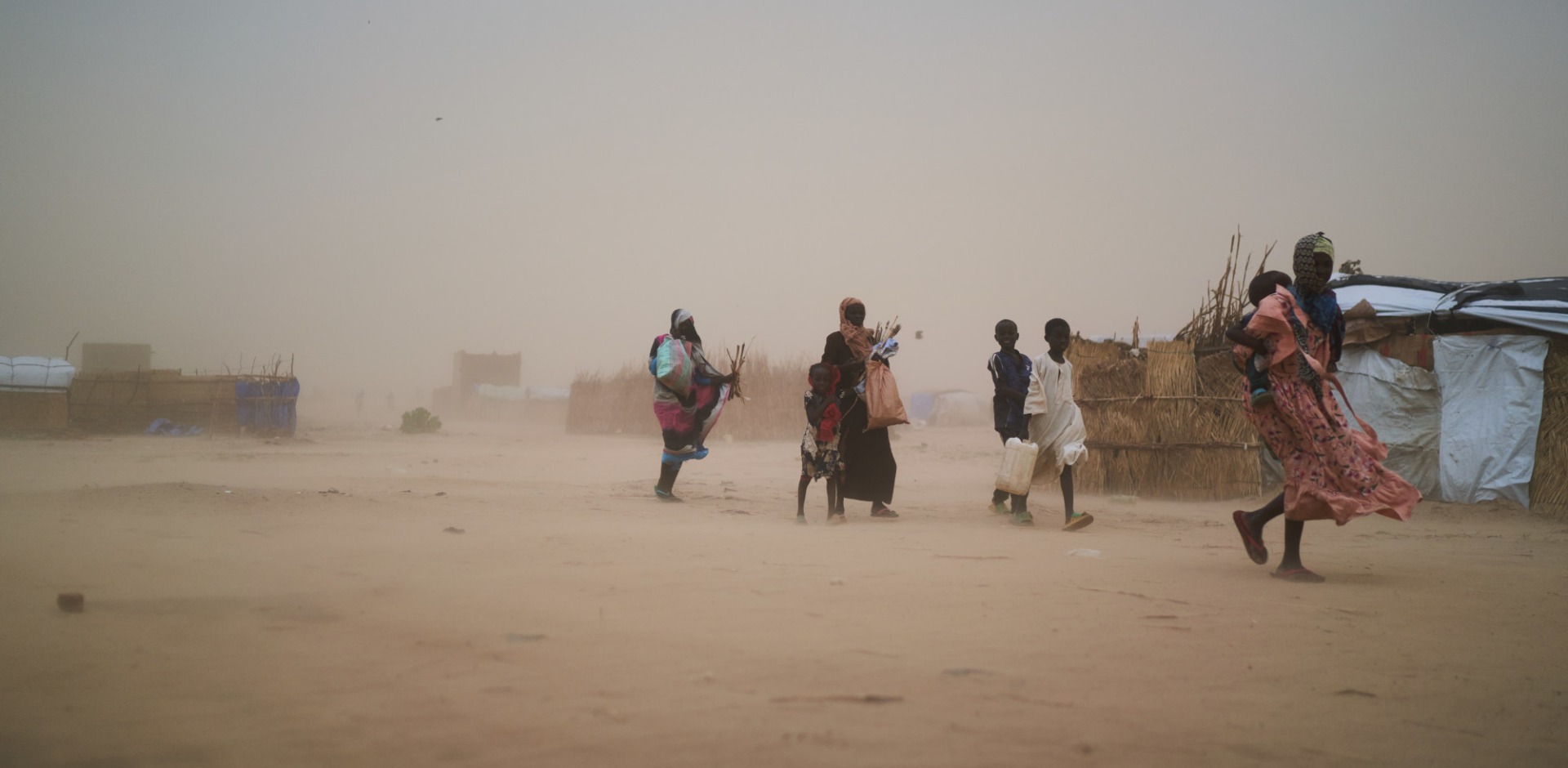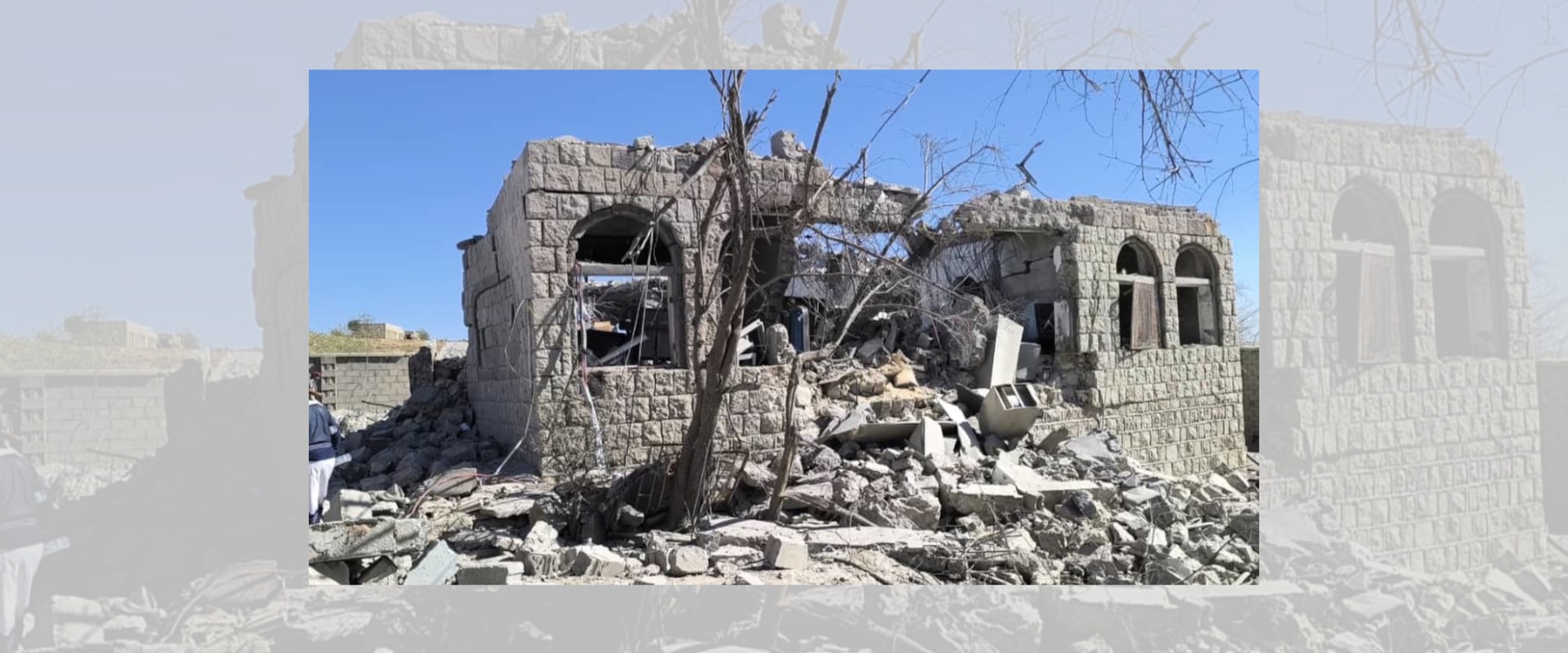
FAMINE IN SUDAN

As a result of the airstrikes, the Huqah health facility in Washhah district, Hajjah governorate, was completely destroyed. Since May 2024, 9670 children and 401 pregnant and breastfeeding women have received healthcare at the health facility.
“Fortunately, as it was a night strike, all the health professionals working in the facility and members of our team are safe,” explains Anne Garella, Director of Operations for Action Against Hunger in the Middle East. “Medical facilities and personnel are explicitly protected under international humanitarian law. We remind all parties to the conflict that it is imperative to guarantee the safety of civilians and humanitarian workers.”
The intensity of strikes has increased considerably in recent weeks in northern Yemen, controlled by the Houthi authorities. On March 15th, bombardments killed at least 53 people, including five children, and wounded around a hundred in a residential area of the capital Sanaa, according to local authorities.
Action Against Hunger is concerned about the consequences of escalating armed violence on civilians, in a country grappling with a devastating decade-long conflict. “We note that air strikes are now reaching densely populated areas and civilian infrastructures: this is a worrying trend,” stresses Anne Garella. “These attacks are threatening people’s access to livelihoods and the ability of humanitarian organizations to intervene, while humanitarian needs continue to grow, particularly in the north of the country.”
In Yemen, 19.5 million people require humanitarian aid—1.3 million more than in 2024. Food insecurity remains severe, with 2.7 million pregnant and breastfeeding women needing treatment for acute malnutrition, while 55% of children under five suffer from chronic malnutrition.
Since 2012, Action Against Hunger has been working in Yemen to rehabilitate sanitation infrastructure, improve access to clean water and hygiene products, provide psychological and psychosocial support to survivors of violence and abuse, strengthen health centers in areas most affected by malnutrition, and empower households to generate income and access food in local markets. In 2023, our programs supported more than 323,000 people across the country.
Join our community of supporters passionate about ending world hunger.